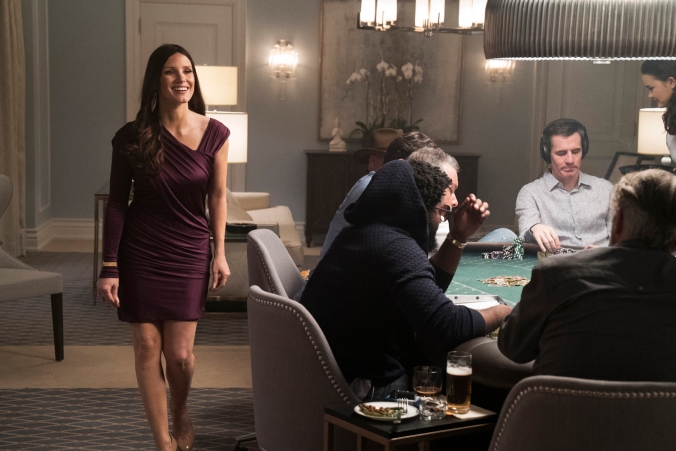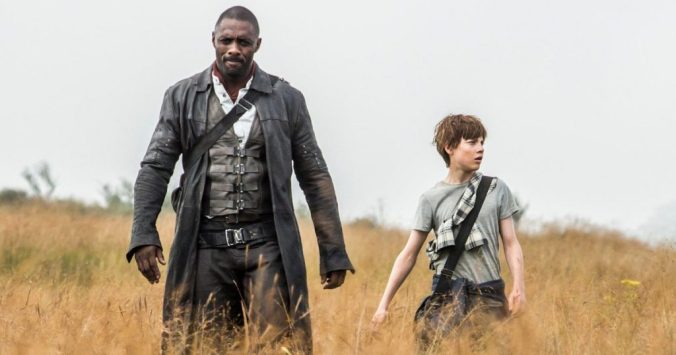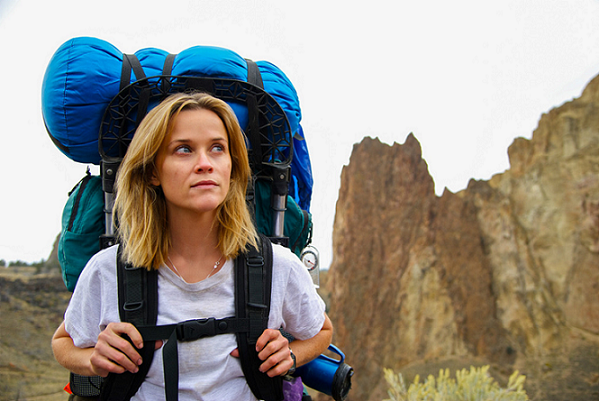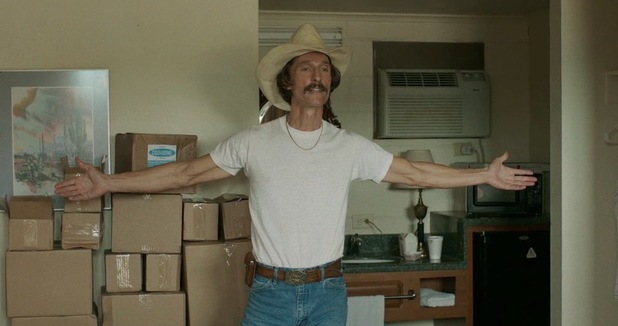
Jessica Chastain gives an exceptional performance as real-life “Poker Princess” Molly Bloom
Aaron Sorkin, best known for his vast array of film and TV writing credits, has long held off directing. That is until now. And he couldn’t have picked a better movie with which to put his directorial talents on display than Molly’s Game.
Molly’s Game tracks the rise and fall of real-life “Poker Princess” Molly Bloom. Once an Olympic skier (one of the best in the world, Molly tells us in one of the film’s frequent and energetic voiceovers), she had her whole professional life planned out until a skiing accident in her twenties ended her Olympic dreams.
The opening minutes of the film already provide us with a great set-up. When you’ve spent your life training and preparing for one thing, what do you do when it’s suddenly taken from you?
Cut to a few years later. Molly has recovered from her disappointment and is looking forward to a gap year before starting law school to let loose, have fun, and enjoy being young in Los Angeles, something which her tough Olympic training and drive to stand out from her also high-achieving brothers didn’t permit her to do.
It’s here in LA that her rise in (and inevitable fall from) the world of high stakes poker begins—working as a cocktail waitress before being offered a job as an assistant to a guy who runs a weekly poker game. But Molly has more passion, smarts, and drive than her position’s responsibilities. And while assisting with the games (doing the books, contacting players, etc.), it’s not long before she realizes she could be running her own games. And that’s exactly what she does.
The movie wouldn’t exist without Molly, and Jessica Chastain is perfect in the role, playing Molly with electricity and passion that allows Molly’s characteristics to shine: determination, independence, and at times, vulnerability. She doesn’t fall into any of the generic “woman in film” stereotypes. She’s not a coquettish vixen. Or a timid and eager-to please housewife. Or a pottymouthed rebel with a manufactured toughness. Or someone touting feminism in the streets. As a character, Molly is her own person, existing outside of the box Hollywood seems to paint for women in film. She just…is.
It’s challenging (both on film and in writing) to make a character seem real, as if they just exist as opposed to being created, so a real credit goes to both Aaron Sorkin (who also wrote the film, as if the whipping, back-and-forth dialogue didn’t give it away) and Jessica Chastain for pulling it off. Molly has both positives (she’s tough, independent, and always looking to achieve) and flaws (her drug usage and illegal pot-skimming), the film accentuating both, so kudos for crafting her as a complex character.
Though her flaws aren’t wiped away by her positive traits, they do shine a light on them. It’s always easier to make a character simply greedy or reckless to show them as “bad,” so it’s especially refreshing that Sorkin and Chastain (and, arguably, Molly Bloom herself, whose book the screenplay was adapted from) provide an emotional link to the reasoning behind Molly’s choices and actions—to be someone; to heal the wound of a dashed Olympic future; to excel at something her brothers wouldn’t have the chance at beating her; to gain the approval of her father (and prove him wrong).
During her upwards trajectory, it’s fun, exciting, and nerve-wracking to spend time as a fly on the wall in the actual poker games (much as Molly herself was) to not only see the ins and outs of the high-stakes (monetarily, personally, and professionally) nature, but to see—and understand—how easily it would have been to be transfixed by them, their dreamlike quality, and the possibilities they present.
A film comprising multiple years of its subject’s life holds the potential to be choppy in its editing, either quickly glossing over large sections of time, or devoting unequal amounts of screentime to its different parts. But here, the film’s smooth editing lends to its “along for the ride” nature and its never-jarring flashbacks help illuminate events in the present in an engaging way. The pace is also well done, Sorkin spending just enough time on each important moment in Molly’s life that also leads well into the next (though I wouldn’t have minded a little extra time devoted to the details and self-reflection of her downfall).
Pacing and editing are all well and good, but we can’t talk about an Aaron Sorkin film without talking about the dialogue, can we? Molly and her (at first) reluctant lawyer (Idris Elba) have their moments of long, powerful, emotional monologues, but moreover, it’s the skillful way the characters talk and narrate throughout the film (all rapid-fire responses where the perfect words come tumbling out) where Sorkin’s signature screenwriting prowess really shines.
I can’t find much about the film to take issue with aside from a moment between Molly and her father (a great, understated and thoughtful Kevin Costner) that, while one of the film’s best and emotional scenes, was a little too coincidental; that and the film, at two hours and twenty minutes, was a bit on the long side.
Molly’s Game is a cautionary tale for 2018—a story of falling down the seemingly innocuous rabbit hole and getting swept up by something bigger than yourself. But it’s also a great redemption story of someone who made something from nothing, and recognized her wrongdoings (and the emotional reasoning behind them), to once again start over.
Starting over. It’s a concept feared by many and embraced by few. But as Molly tells us near the end of the film, it’s the willingness to not only face it, but do it, that separates the real winners from the losers. And if that’s the case, Molly is most definitely a winner.
9/10








